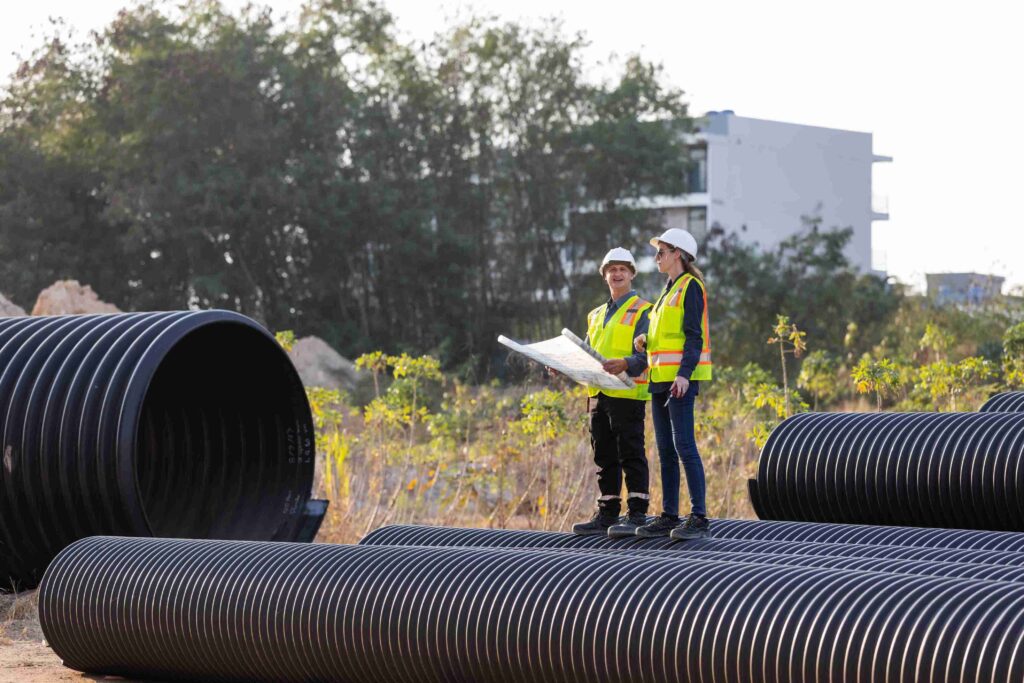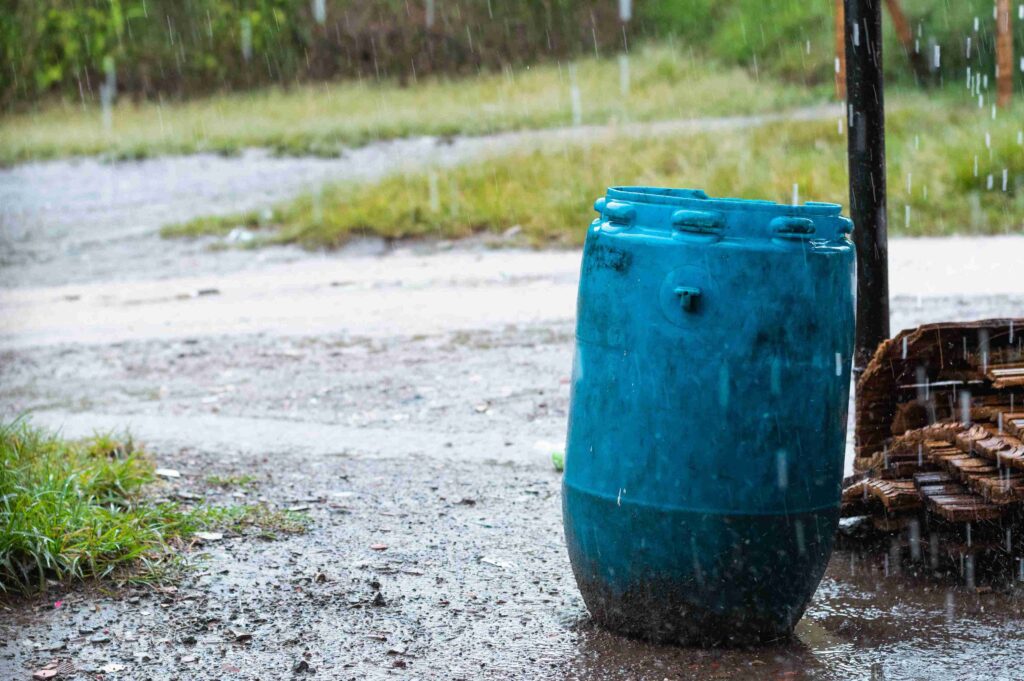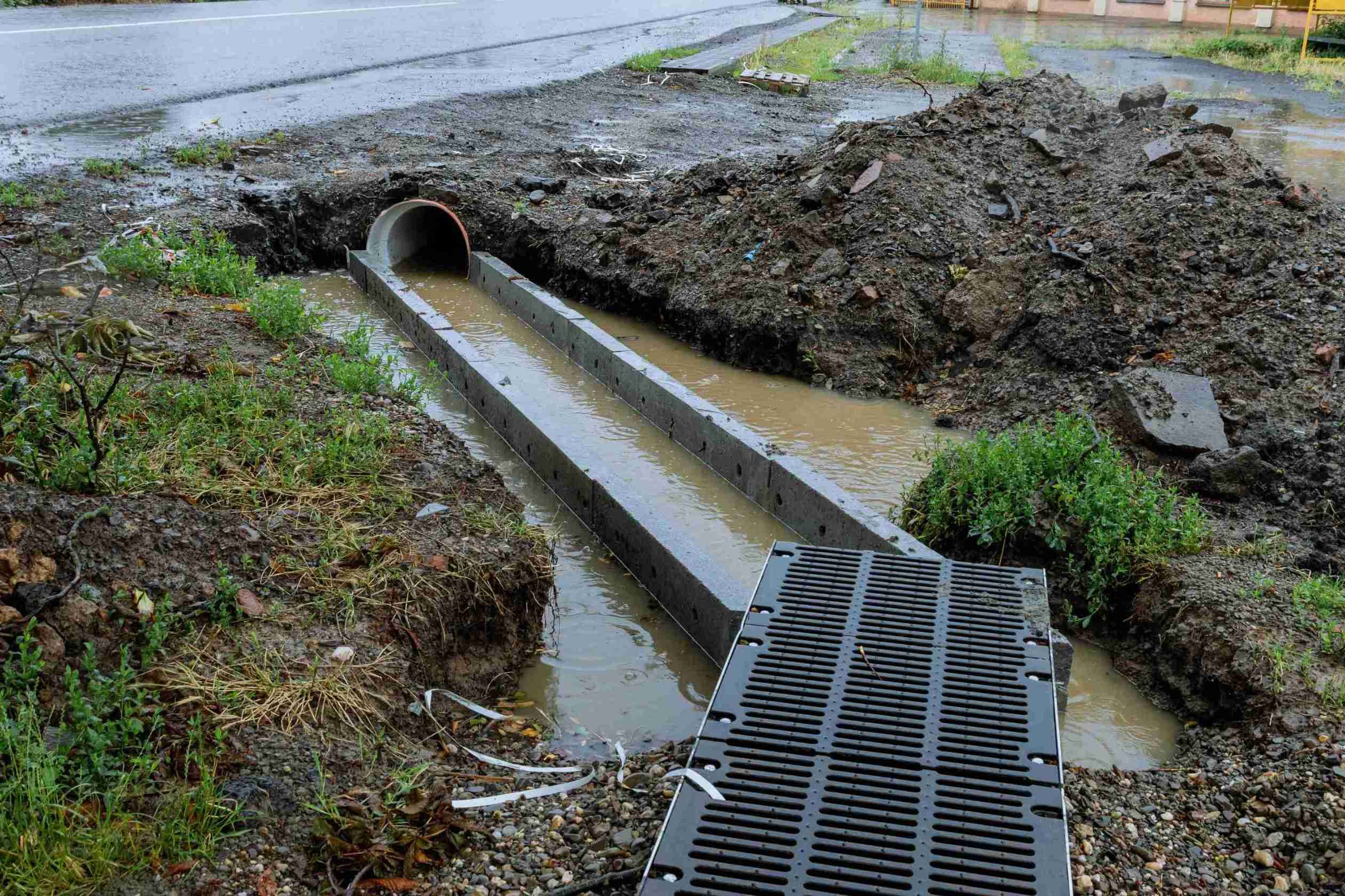How Much Does Stormwater Management Cost? (Breakdown)
Stormwater management isn’t the flashiest part of a project, but it’s a big deal if you’re dealing with runoff, heavy rains, or city requirements.
If you’ve started looking into it, you’ve probably noticed prices are all over the place. That’s because no two properties are the same, and no two stormwater systems are either.
Some setups are pretty basic and cheap. Others? Not so much.
It really comes down to what your property needs, how strict your local rules are, and the kind of solution you’re going with.
In this post, we’ll shed some light on the average stormwater management cost, and the factors that decide your final bill. Plus, we’ll also break down our prices.
Our Stormwater Management Prices
We charge $2,000 to $2,500 for a full stormwater infiltration study.
This includes site evaluation, soil testing, and a full report outlining how your property handles runoff and what solutions may be needed to meet local regulations or fix drainage issues.
If you’re dealing with flooding, poor drainage, or need a study for permitting, we’ll get you clear answers and a plan that works.
Also Check Out Our: Stormwater Management Services In Virginia
Average Stormwater Management Cost
Stormwater management costs between $2,000 to $30,000 for residential properties.
Here’s a rough breakdown:
- Basic systems – $2,000 – $10,000 (like rain gardens, French drains, or dry wells)
- Advanced systems – $10,000 – $30,000+ (permeable pavers, underground storage)
These setups are usually done by small contractors. They’re not super complex but still get the job done for small lots.
If you’re going bigger (like a commercial property or new development) you’re looking at a much steeper range. Most commercial stormwater systems start around $50,000, and depending on the size and scope, they can easily climb to $200,000 or more.

Those systems usually include underground tanks, detention basins, and filtration setups that meet tight city or county codes.
What Affects The Cost Of Stormwater Management
There are a handful of things that seriously change the cost of stormwater management. Some of them are obvious. Others, not so much – until you run into them mid-project.
Let’s go over the main ones:
Also Read: Pre-construction soil testing costs
#1 Property Size And Layout
Bigger land = more water = bigger system. Simple as that.
But it’s not just the square footage. The shape and slope of your property can also change what kind of system works best.
If you’ve got a steep slope, water’s going to move faster, so you may need something that slows it down. On the other hand, a flat lot might need extra help with drainage because water just sits there.
Oddly shaped lots or properties squeezed into tight spots can also be more expensive just because there’s less room to work with.
#2 Site Conditions
This one’s huge. The condition of the land can make or break your budget.
Let’s say your soil drains really well—that’s great. You might get away with a simpler system.
But if you’ve got heavy clay, or the soil holds water like a sponge, you’re probably going to need something more advanced.
You also have to think about what’s already on the property. Trees, utility lines, or old foundations can make excavation tougher.
And if your site is hard to access with equipment, labor costs are going to climb fast.
#3 Testing Requirements
Depending on your area and the size of your project, you may need soil testing, infiltration testing, or even environmental reports.
These tests help figure out how much water the land can absorb and the system needed.
None of this stuff is free. Basic soil testing might only cost a few hundred bucks, but more involved reports can reach into the thousands.
It’s just one more thing that can sneak up on your budget if you’re not expecting it.
#4 Local Stormwater Regulations
Every city and county has its own rules about stormwater management.
Some places are pretty laid-back. Others are strict and expect you to follow a checklist that includes volume control, water quality treatment, and runoff flow rates.
If your local government requires a ton of documentation, calculations, and system performance reports, you’ll be paying not just for the work, but also for the time it takes your engineer or contractor to get all the paperwork done.
And if they require inspections or reviews along the way, that’s going to be more fees.

Also Read: Septic Safe Toilet Paper
#5 Type Of System Installed
There are different types of systems, and what you install will affect stormwater management costs
Some are simple and sit right on the surface—like a rain garden or a bioswale. Others are tucked underground with tanks, pumps, or concrete vaults.
Here’s a quick breakdown of some common system types and their general cost levels:
- Low cost: French drains, dry wells, swales
- Mid-range: Rain gardens, permeable pavers, small detention areas
- High-end: Underground storage tanks, advanced filtration units, engineered basins
The more water a system needs to hold or clean, the more you’ll be spending.
#6 Engineering And Design Costs
You’re not just paying for the materials and labor. You also have to cover the brains behind the design.
For simple residential projects, design might be included in your contractor’s quote. But for larger or commercial jobs, you’ll likely need a civil engineer to handle the layout, flow calculations, and permitting.
That can range from a few thousand dollars to tens of thousands depending on complexity.
It’s not something to skip, either. A bad design can cost you way more down the road if it fails or doesn’t pass inspection.
#7 Ongoing Maintenance
Once your system is in the ground and working, that’s not the end of the story. Stormwater setups need upkeep. How much depends on what you install.
Rain gardens and swales need weeding and occasional replanting. Filters need cleaning. Catch basins need to be cleared of debris. And detention systems might need annual inspections or pumping.
You could spend a couple hundred bucks a year on basic maintenance or a few thousand if your system is large or has moving parts.
Bottom Line
Stormwater management costs around $2,000 to $30,000 depending on what you’re working with.
The best thing you can do is get a site assessment, figure out what your property needs, and talk to a local pro who knows your area’s rules.
The cost might sting a little upfront, but dealing with poor drainage, flooding, or fines down the line is way worse. A good system keeps water in check, keeps your property safe, and checks the boxes for whatever the city throws your way.
